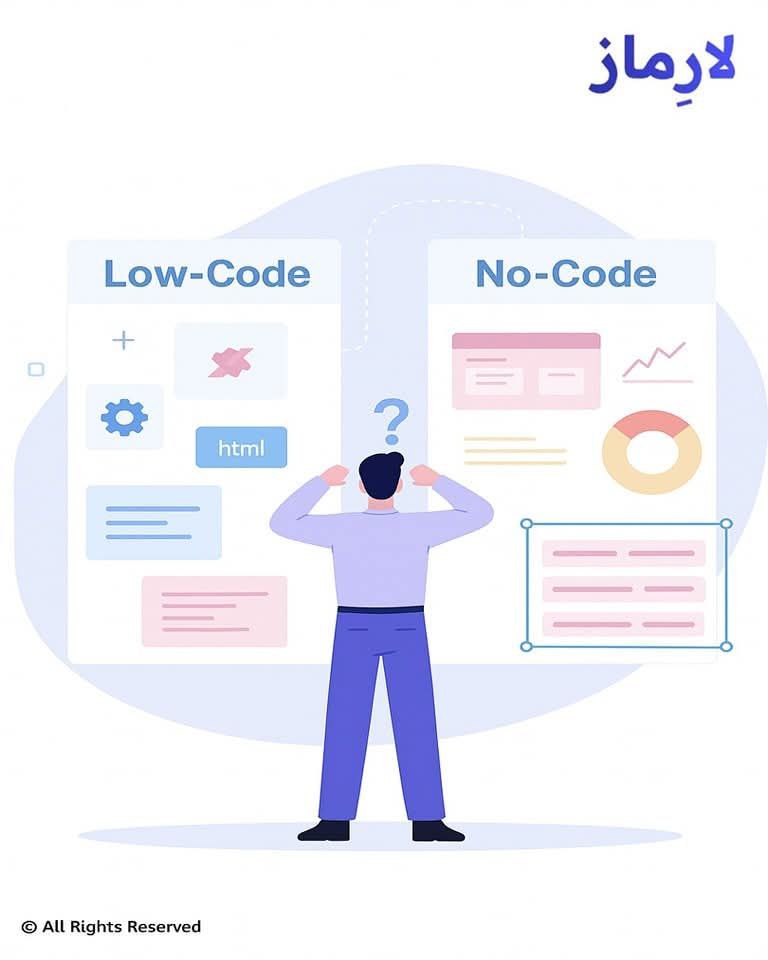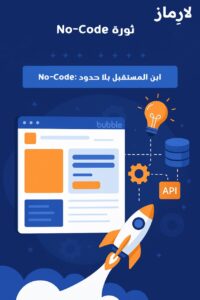
No-Code vs. Low-Code: The Future of Rapid App Development
💡 In today’s fast-moving digital landscape, businesses and entrepreneurs need agile solutions to stay competitive. Fortunately, No/Low-Code development platforms have emerged as game-changers, enabling faster and more cost-effective software creation. But what exactly are these tools, and why are they revolutionizing the tech industry?
What is No/Low-Code?
🌐 No Code platforms allow users to build fully functional applications without writing a single line of code. Instead, they rely on intuitive drag-and-drop interfaces, pre-built templates, and visual workflows, making app development accessible to non-technical users.
For instance, a small business owner can create an e-commerce store, booking system, or internal workflow tool without hiring a developer. Platforms like Bubble, Webflow, and Adalo empower users to turn ideas into reality quickly.
📉 While similar to No Code, Low Code platforms require minimal coding knowledge for deeper customization. These tools are ideal for businesses that need more flexibility than No-Code offers but still want to avoid the complexity of traditional programming.
Developers and pro-coders often use Low-Code solutions like OutSystems, Mendix, or Microsoft Power Apps to accelerate development while retaining control over advanced features. This hybrid approach bridges the gap between speed and customization, making it perfect for startups and enterprises alike.
Why is it important?
- Faster Development – Traditional coding can take months, but No-Code/Low-Code solutions reduce this to days or weeks.
- Lower Costs – Businesses save money by reducing reliance on large dev teams.
- Greater Accessibility – Entrepreneurs, marketers, and designers can build apps without technical expertise.
- Scalability – Many platforms support enterprise-level applications, ensuring long-term usability.
💡 Who Should Use These Tools?
- Startups needing an MVP (Minimum Viable Product) quickly.
- Small businesses automating workflows without hiring developers.
- Enterprise teams accelerating digital transformation.
- Freelancers & agencies delivering client projects faster.
Keywords: Software Development, Low-Code, No-Code, Digital Transformation.

